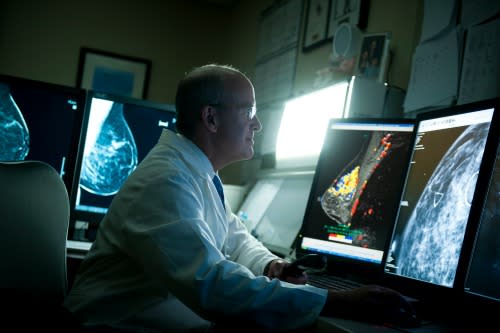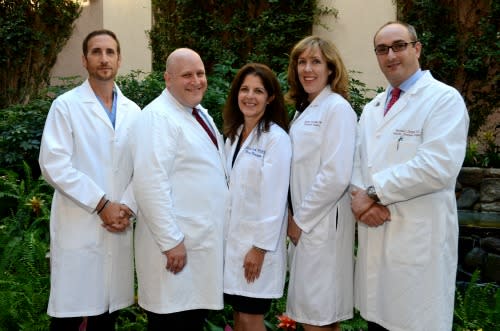Elle Macpherson Refused Chemotherapy For Breast Cancer; Should You?
Published: September 17, 2024l
Elle Macpherson is no stranger to headlines. The Australian supermodel who earned the nickname “The Body” has graced magazine covers for decades. However, in early September she made news after saying she turned down traditional treatment of cancer including chemotherapy, choosing a holistic course instead.
Macpherson revealed that she was diagnosed with breast cancer in 2017. While she goes into some detail in her new book, “elle”, she doesn’t elaborate on the specifics of her detection, diagnosis, and treatment. What she does explain, according to NBC News, is her decision to go against traditional treatment in favor of a holistic approach. Her unconventional path, however, is not – and should not be – for everyone.
To help put in perspective some of the more curious components of Macpherson’s cancer journey, breast cancer refers to the cancer cells found in Macpherson’s body that use HER2 to grow, whereas the “intraductal carcinoma” translates to ductal carcinoma in situ (DCIS) or cancer that is contained to the breast's milk ducts. “Some medical professionals will describe DCIS as true breast cancer, whereas others refer to it as a precursor to cancer,” explained Cate, who has not treated or consulted Macpherson. “From a scientific perspective, though, it’s a great cancer to have because it’s a non-invasive cancer, and there are so many ways to treat it which include surgery, radiation, and/ or pills.”
In fact, Cate points to a new study that is seeking to determine whether breast surgery and treatment, such as radiation, is more effective than monitoring non-aggressive DCIS. While the results from the study won’t be available for a few more years, it should help patients determine whether treatments (and all of the recovery time and possible side effects that go with them) offer better outcomes than simply watching and tracking the cancer.
According to TODAY.com, Macpherson said she sought 32 opinions before determining that a holistic approach would be her choice. “It’s unclear whether she had meetings with more than 30 different doctors and experts or saw a few different teams of specialists. Generally, a patient will receive a diagnosis and then get a second opinion before making a decision about treatment,” said Cate, noting that it usually offers consistency across treatment plans, and the most informed plan.
After detection, “if it was just DCIS, we would usually recommend a lumpectomy, which Macpherson had, or a mastectomy depending on the tumor size and if more than one area of DCIS was found in the same breast,” said Cate. “Then typically radiation is part of that treatment for all lumpectomy patients, or after mastectomy if there is a tumor that is greater than 5 cm or cancer is detected in the lymph nodes, neither of which we know. This might be followed by anti-estrogen pills based on the cancer’s receptor profile.”
While most of that mirrors what Macpherson’s physician detailed, one headline-grabbing recommendation is not usually offered. Chemotherapy, which Macpherson said she refused, is usually only offered if the kind of cancer is HER2 amplified and invasive, which is not what Macpherson’s was reported to be, noted Cate.
Cate stressed that chemotherapy should not immediately be discarded or feared if a doctor recommends it. Just look at the Princess of Wales: After Kate Middleton revealed she had cancer in 2023, she remained mum on any specifics of her diagnosis but did reveal that she relied on chemotherapy to help treat it.
“We see a lot of de-escalation (reducing the duration, frequency, dose, or number of therapies) with the use of chemotherapy for cancer,” said Cate. Acknowledging how harsh chemotherapy can be on the body, causing hair loss, fatigue, nausea, among others, Cate emphasized that there are plenty of options for relief and even prevention. “In this day and age, we have a lot of medications and therapies to help manage the side effects,” she said. “Yoga and acupuncture are a few of the under-utilized but effective options we encourage patients to do. Patients can also use cold-capping, which prevents hair loss during chemotherapy.”
An important takeaway from Macpherson’s cancer revelation is that it is encouraging people to talk about breast cancer, including screenings, diagnosis, and all kinds of treatments. “Whenever someone in the public eye talks about cancer it’s great, but it’s important always to see a physician who is trained in medical oncology for breast cancer,” stressed Cate. “And mostly to understand that every case is individualized. What worked for one patient does not mean it will help another.
Macpherson revealed that she was diagnosed with breast cancer in 2017. While she goes into some detail in her new book, “elle”, she doesn’t elaborate on the specifics of her detection, diagnosis, and treatment. What she does explain, according to NBC News, is her decision to go against traditional treatment in favor of a holistic approach. Her unconventional path, however, is not – and should not be – for everyone.
To help put in perspective some of the more curious components of Macpherson’s cancer journey, breast cancer refers to the cancer cells found in Macpherson’s body that use HER2 to grow, whereas the “intraductal carcinoma” translates to ductal carcinoma in situ (DCIS) or cancer that is contained to the breast's milk ducts. “Some medical professionals will describe DCIS as true breast cancer, whereas others refer to it as a precursor to cancer,” explained Cate, who has not treated or consulted Macpherson. “From a scientific perspective, though, it’s a great cancer to have because it’s a non-invasive cancer, and there are so many ways to treat it which include surgery, radiation, and/ or pills.”
In fact, Cate points to a new study that is seeking to determine whether breast surgery and treatment, such as radiation, is more effective than monitoring non-aggressive DCIS. While the results from the study won’t be available for a few more years, it should help patients determine whether treatments (and all of the recovery time and possible side effects that go with them) offer better outcomes than simply watching and tracking the cancer.
Should you consult with 32 doctors like Macpherson?
Following her lumpectomy, USA Today reported that Macpherson detailed how her doctor recommended a mastectomy with radiation, chemotherapy, hormone therapy, and reconstruction.According to TODAY.com, Macpherson said she sought 32 opinions before determining that a holistic approach would be her choice. “It’s unclear whether she had meetings with more than 30 different doctors and experts or saw a few different teams of specialists. Generally, a patient will receive a diagnosis and then get a second opinion before making a decision about treatment,” said Cate, noting that it usually offers consistency across treatment plans, and the most informed plan.
Is chemotherapy necessary for breast cancer treatment?
Macpherson doesn’t reveal what led to her lumpectomy. For most patients with DCIS, a radiologist will find it on a breast cancer screening such as a mammogram. “Very rarely would a patient with DCIS be able to feel it like you would with a tumor,” said Cate.After detection, “if it was just DCIS, we would usually recommend a lumpectomy, which Macpherson had, or a mastectomy depending on the tumor size and if more than one area of DCIS was found in the same breast,” said Cate. “Then typically radiation is part of that treatment for all lumpectomy patients, or after mastectomy if there is a tumor that is greater than 5 cm or cancer is detected in the lymph nodes, neither of which we know. This might be followed by anti-estrogen pills based on the cancer’s receptor profile.”
While most of that mirrors what Macpherson’s physician detailed, one headline-grabbing recommendation is not usually offered. Chemotherapy, which Macpherson said she refused, is usually only offered if the kind of cancer is HER2 amplified and invasive, which is not what Macpherson’s was reported to be, noted Cate.
Cate stressed that chemotherapy should not immediately be discarded or feared if a doctor recommends it. Just look at the Princess of Wales: After Kate Middleton revealed she had cancer in 2023, she remained mum on any specifics of her diagnosis but did reveal that she relied on chemotherapy to help treat it.
“We see a lot of de-escalation (reducing the duration, frequency, dose, or number of therapies) with the use of chemotherapy for cancer,” said Cate. Acknowledging how harsh chemotherapy can be on the body, causing hair loss, fatigue, nausea, among others, Cate emphasized that there are plenty of options for relief and even prevention. “In this day and age, we have a lot of medications and therapies to help manage the side effects,” she said. “Yoga and acupuncture are a few of the under-utilized but effective options we encourage patients to do. Patients can also use cold-capping, which prevents hair loss during chemotherapy.”
How much should you incorporate integrative medicine for breast cancer treatment?
Macpherson, who reportedly had already adopted a holistic approach to her health and wellness, said that she relied solely on those practices to treat her cancer. Cate stressed that integrative medicine is an important part of cancer treatment, but it should not be the only part. “We embrace integrative medicine therapies as part of traditional treatment,” she said. “A big part of most cancer programs is finding ways to abate the symptoms whether it’s acupuncture, Reiki, or yoga. But it shouldn’t be an either-or-situation.”An important takeaway from Macpherson’s cancer revelation is that it is encouraging people to talk about breast cancer, including screenings, diagnosis, and all kinds of treatments. “Whenever someone in the public eye talks about cancer it’s great, but it’s important always to see a physician who is trained in medical oncology for breast cancer,” stressed Cate. “And mostly to understand that every case is individualized. What worked for one patient does not mean it will help another.
Featured Expert/ Author



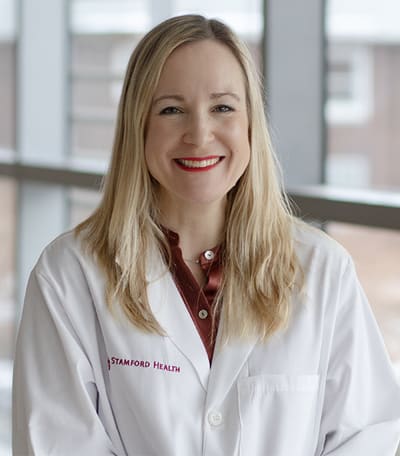



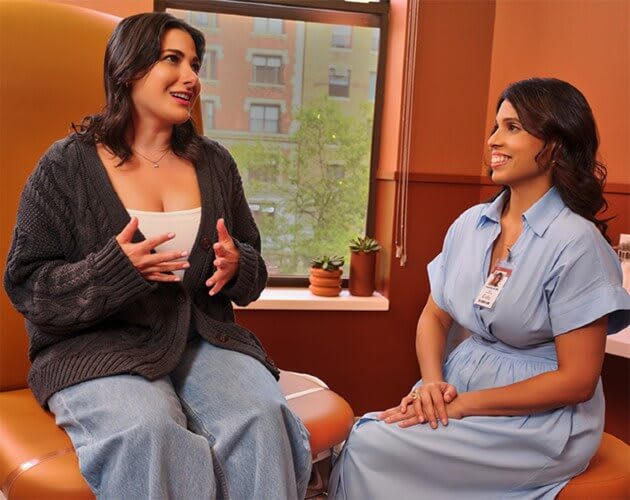

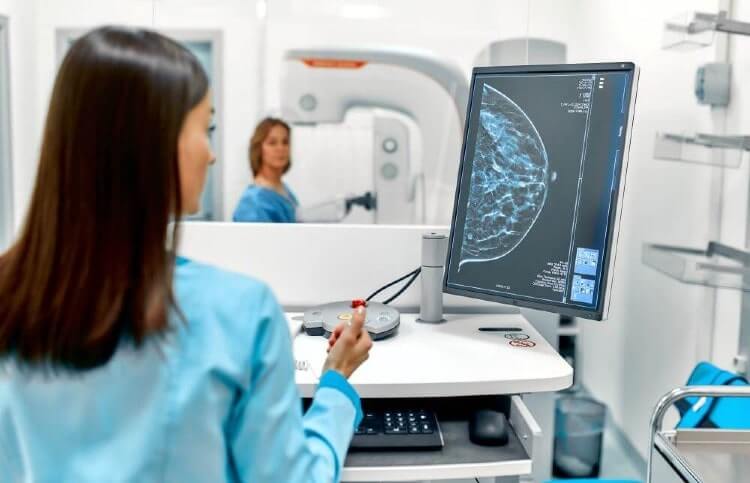
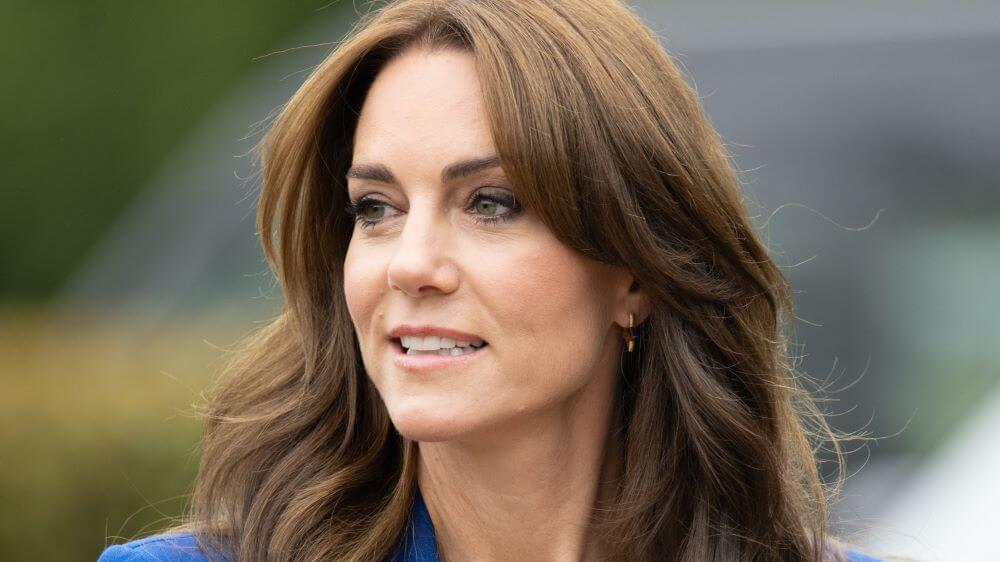
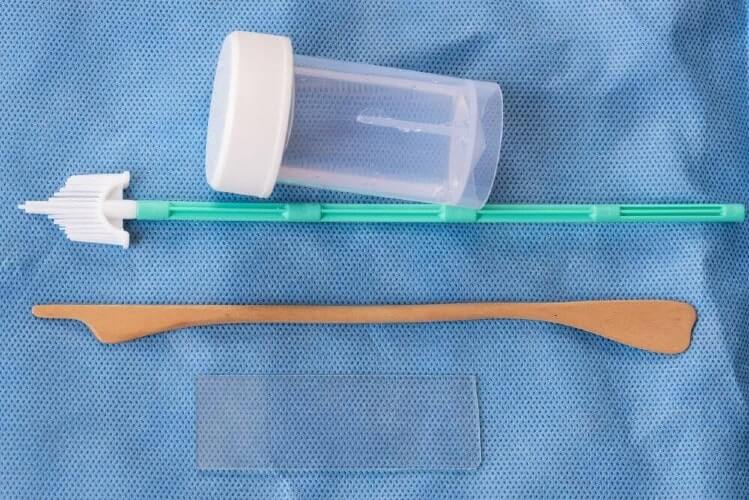



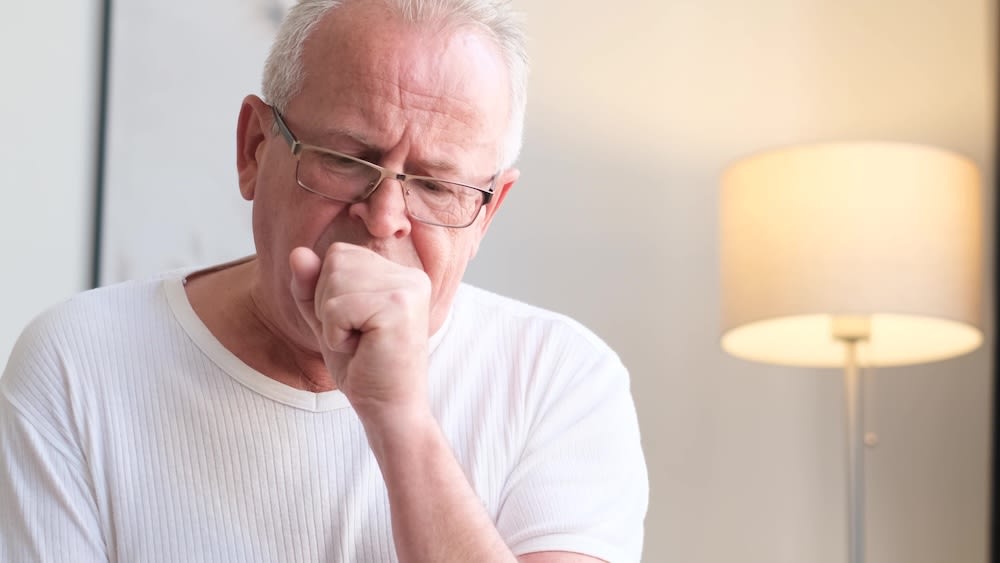






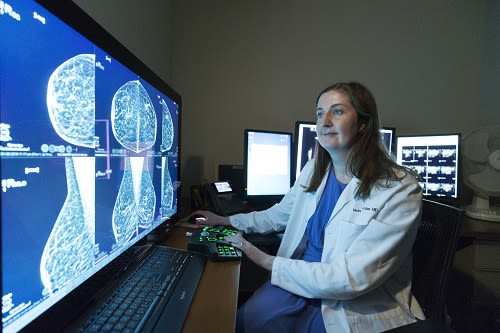
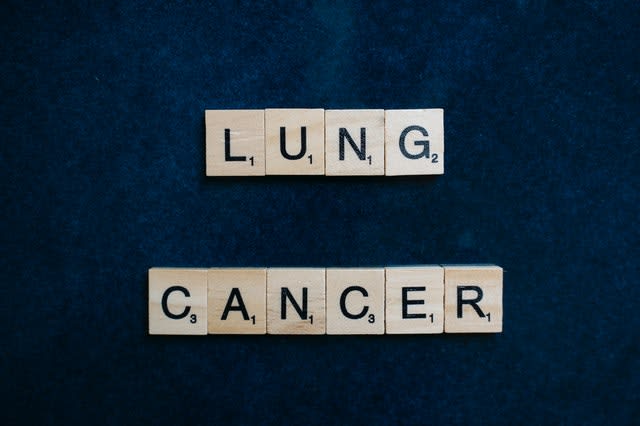

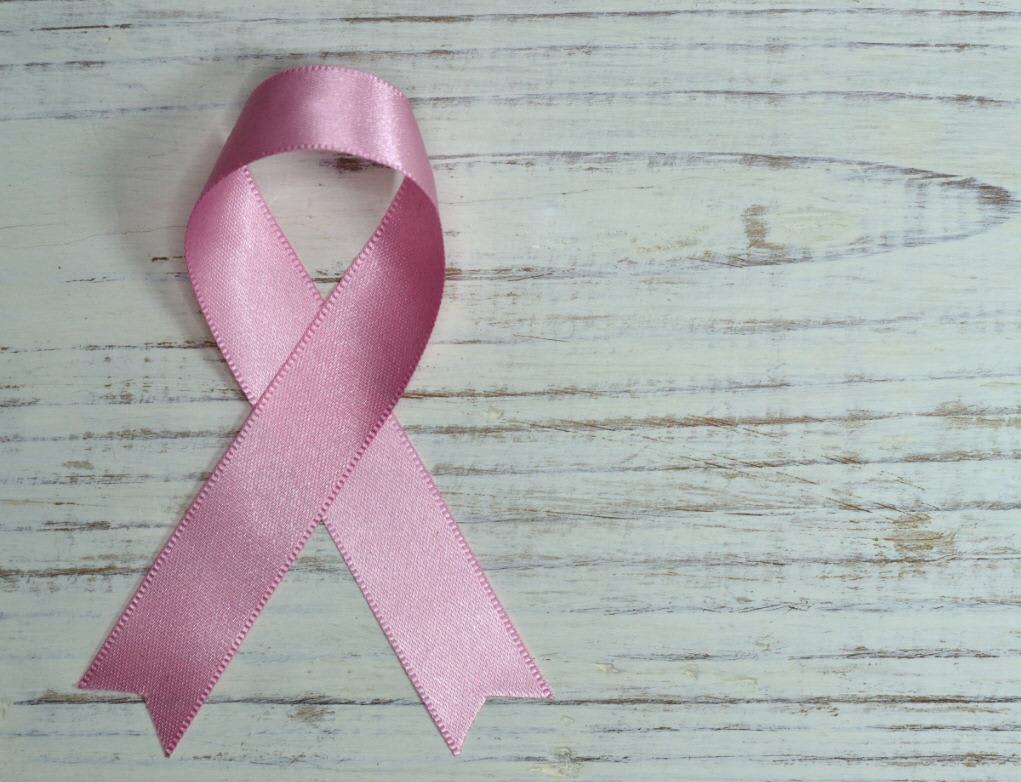
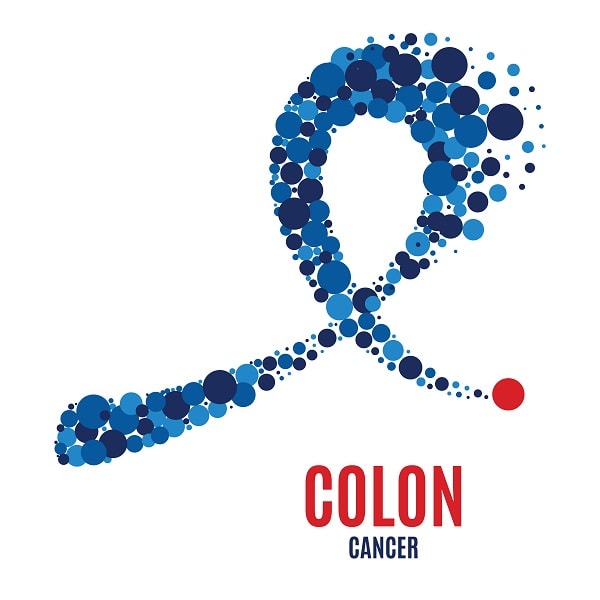
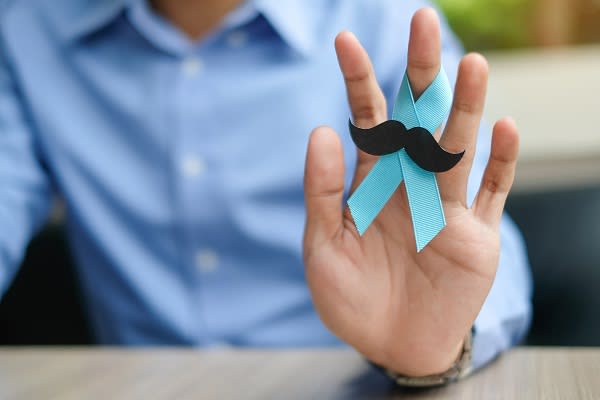
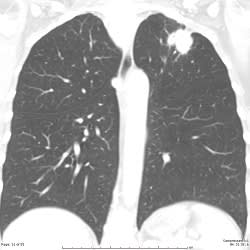




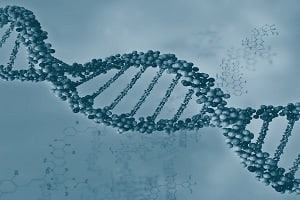


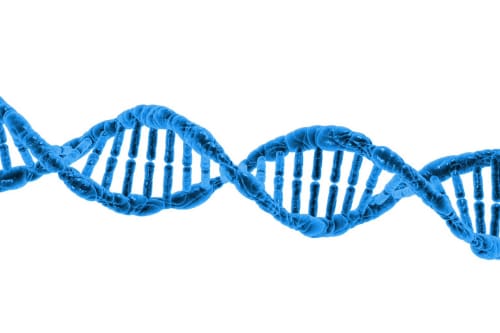

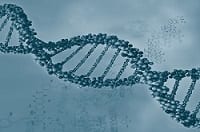


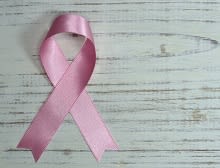
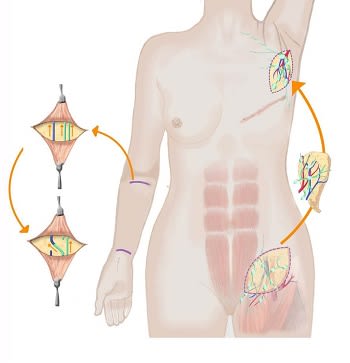





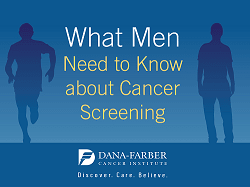












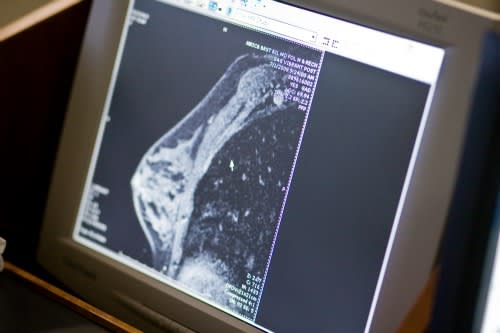
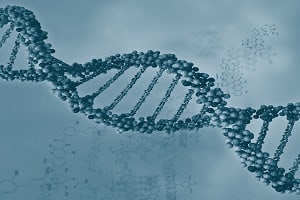







)


)

)
)
